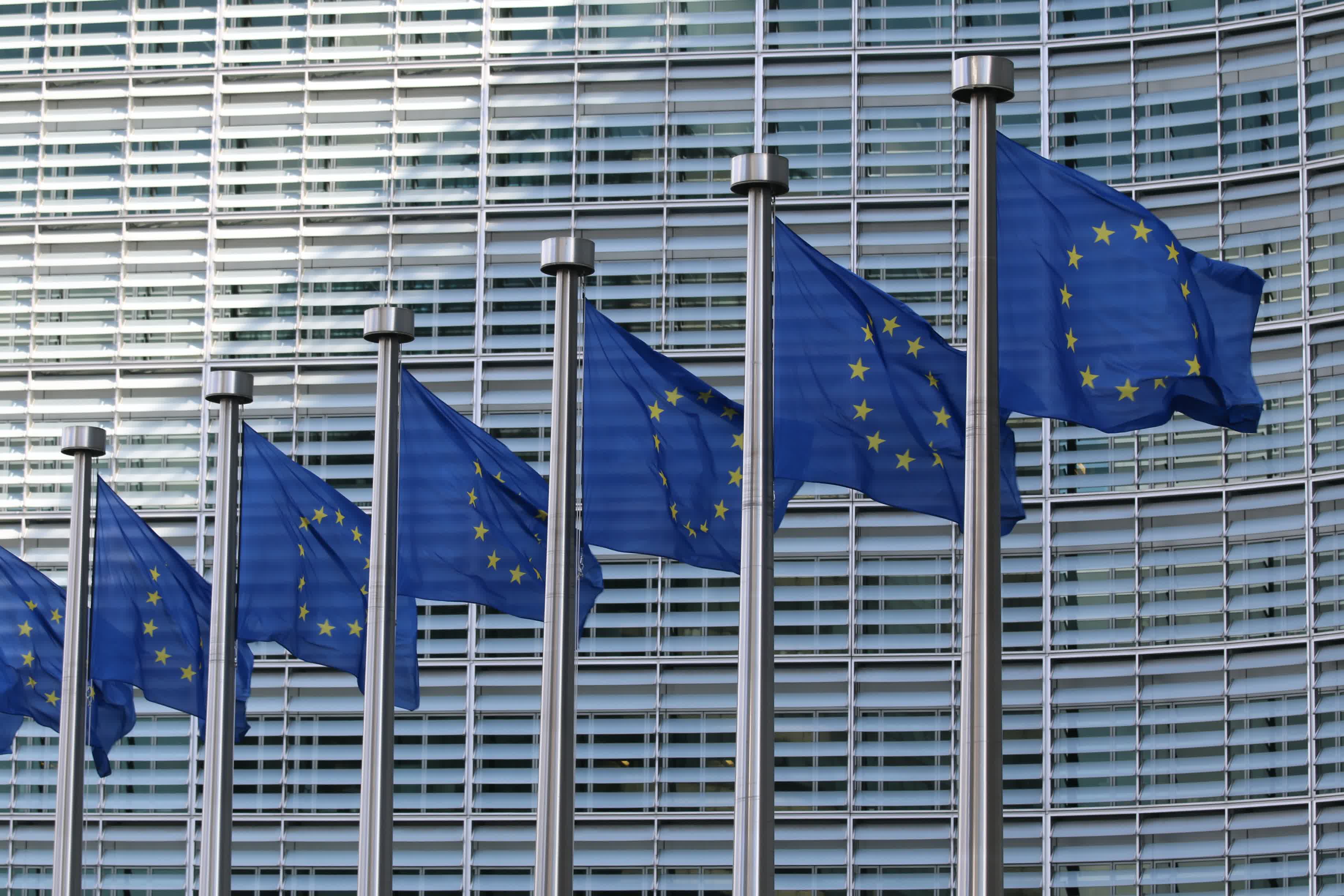In context: As Google users complain about the worsening quality of search results and GenAI integration, European organizations are working to plant the seeds of alternative solutions. One such initiative aims to build a public index to support new search engines and reduce Europe's reliance on Google and Bing.

Early trials of the Open Web Index are set to begin next month. This emerging project could help European countries move away from dominant, ad-driven search engines. As US tech giants increasingly optimize search around generative AI and advertising, the OpenWebSearch.eu initiative seeks to foster nonprofit alternatives.
The Open Web Index itself is not a search engine. Rather, it functions like a digital library from which search engines can retrieve files and web pages. Major search providers rely on proprietary indexes, while smaller engines are often dependent on them. According to the Open Web project, this centralization gives companies like Google disproportionate control over the global web.
Regulators in the United Kingdom and European Union have consistently pushed back against American tech giants such as Apple and Google, particularly on issues involving search and artificial intelligence.
Meanwhile, users around the world have reported a steady decline in search quality. Website operators also argue that Google is discouraging users from leaving its ecosystem, and generative AI tools frequently struggle to deliver accurate information. Some groups believe developing Europe-based alternatives is part of the solution.
New: How AI Overviews Shift Traffic From Publishers to Google
– Cyrus (@CyrusShepard) May 8, 2025
It's not enough that Google's AI Overviews reduce clicks to publisher websites 📉
Google designed these so that what few clicks remain lead to walls of irrelevant ads and/or bad search results
Link in 🧵 pic.twitter.com/usrycPvTNS
To accomplish this, a 14-member consortium, including universities, data centers, tech companies, and CERN, aims to fund and build the infrastructure for a robust and publicly available web index.
Small and medium-sized companies could use it to build search engines, large language models, or other applications that don't try to sell users ads, or at least operate independently of US giants such as Google and Bing.
The project also aims to promote applications that adhere to European regulations, values, and cultures. For example, EU-based search engines and LLMs would theoretically produce more reliable results in languages other than English. The consortium is also carefully considering how the index scrapes web content and how clicks impact search rankings.
The first open trial will be launched via a Zoom meeting on June 6, from 10 AM to noon CEST. Participants will gain access to roughly one petabyte of content. The completed Open Web Index is expected to host about five petabytes, with plans to scale to 10 petabytes in future iterations.
Europe prepares trial for Open Web Index to reduce reliance on Google and Bing